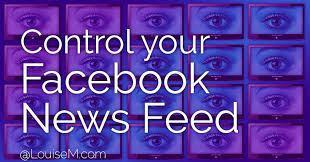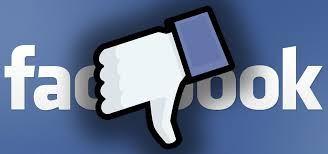 First it was Facebook as an addictive time sink; substituting for life in the actual world; even ruining marriages. But all that was in a more innocent time. Now there are bigger issues.
First it was Facebook as an addictive time sink; substituting for life in the actual world; even ruining marriages. But all that was in a more innocent time. Now there are bigger issues.
PBS’s Frontline recently ran an eye-popping two-part report on Facebook. The mantra of Facebook and its creator/boss Mark Zuckerberg is “open and connected.” It’s the idealism of improving the world by bringing people together and empowering them. The 2011 Egyptian revolution was organized largely via Facebook.
But Facebook, as Reinhold Niebuhr said of religion, is a good thing for good people and a bad thing for bad people. And while most people are good, unfortunately not all are. Containing bad people’s badness is civilization’s age-old problem. Bad people have had a field day exploiting Facebook’s idealistic concept for their own malign purposes, and Facebook has failed abysmally in dealing with this.
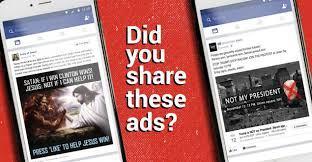
And the Kremlin’s aim was not only Trump’s election (which they didn’t actually expect) but, more broadly, to undermine American society itself by sowing division. They did this through content advocating both sides of hot-button issues, like abortion, immigration, and guns — made as extremist as possible, to enflame partisanship and get Americans to hate one another. (Seems it was pretty successful.)
While all this was happening during 2016 — and happening massively— Facebook’s management was oblivious. Literally unaware how its platform was being so horrendously abused. Only afterward, once the stench finally reached their nostrils, did they start to investigate. And Facebook was shocked, shocked, to discover what had happened.
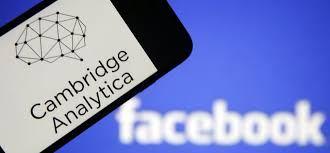
As if all that wasn’t enough, Frontline also showed how Facebook is used to whip up ethnic hatreds and violence in Myanmar, and “weaponized” by backers of Philippine President Duterte to crush critics of his policy of dealing with drugs by murdering thousands. These are just examples of a global problem.
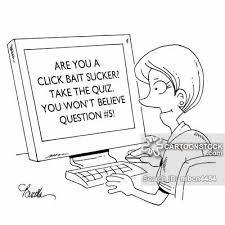
Frontline interviewed a bunch of top Facebook people about all this. Every one sounded downright lame. All acknowledged that Facebook was “slow” to address these problems, but were vague about remedies. The problems at issue don’t much affect Facebook’s profitability; whereas quashing them might.
One thing Facebook is doing pro-actively, though, is trying to dig up dirt to smear its critics.
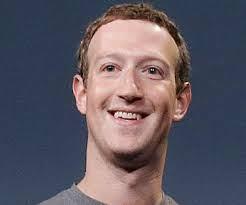
Facebook has always insisted it is a technology company, not a media or content company. And there is a principle, enshrined in legislation, exempting internet platforms from liability for stuff other people put up on them.
But not so fast. Facebook’s “News Feed” has become its most prominent feature. For a vast number of people, it is their primary (if not sole) source of news. Fine and dandy if it’s news like Walter Cronkhite used to broadcast. But this is totally different. This too is governed by algorithms tailored to showing users stuff they are most apt to like and respond to —whether true or not. (The purpose again is selling ads.)

This might not be terrible if Facebook were just another news outlet. But Facebook is now by far the world’s biggest disseminator of “news.” It has a stranglehold monopoly in the “social network” sphere, becoming indeed an integral part of the very fabric of life, throughout the globe. This gives Facebook truly immense power. But it refuses to shoulder any real responsibility.
Zuckerberg on Frontline said he assumes Facebook users are not so naive as to believe everything they see there. How naive is he to believe that? On what planet does he live?
If you’re a bad guy and you throw something up on the web that’s outrageously false but incendiary and calculated to push certain people’s buttons, that’s exactly what it will do, thanks to Facebook, whose algorithms will give it “News Feed” prominence for precisely that reason. Much more prominence than (unexciting) genuine news. It’s a form of Gresham’s law — bad (fake) news drives good (true) news out of circulation. In fact, many people today have less trust in traditional news sources. They refuse to believe CNN yet wallow in Facebook’s “News Feed” — which is really a crap feed.
This is insanity. No wonder we have the president we have.
What is the solution? It is long past time to hope that Zuckerberg and Facebook will suddenly wake up and (somehow) grasp the nettle. Meantime, while I am a believer in free market capitalism, Facebook is not just another standard type of business enterprise. It is, again, certainly a monopoly, and it’s in a class by itself, in terms of its immense societal role. This could be seen as an antitrust matter; but I don’t know that there’s an antitrust solution, along the lines of breaking up the company, that would make any sense.
